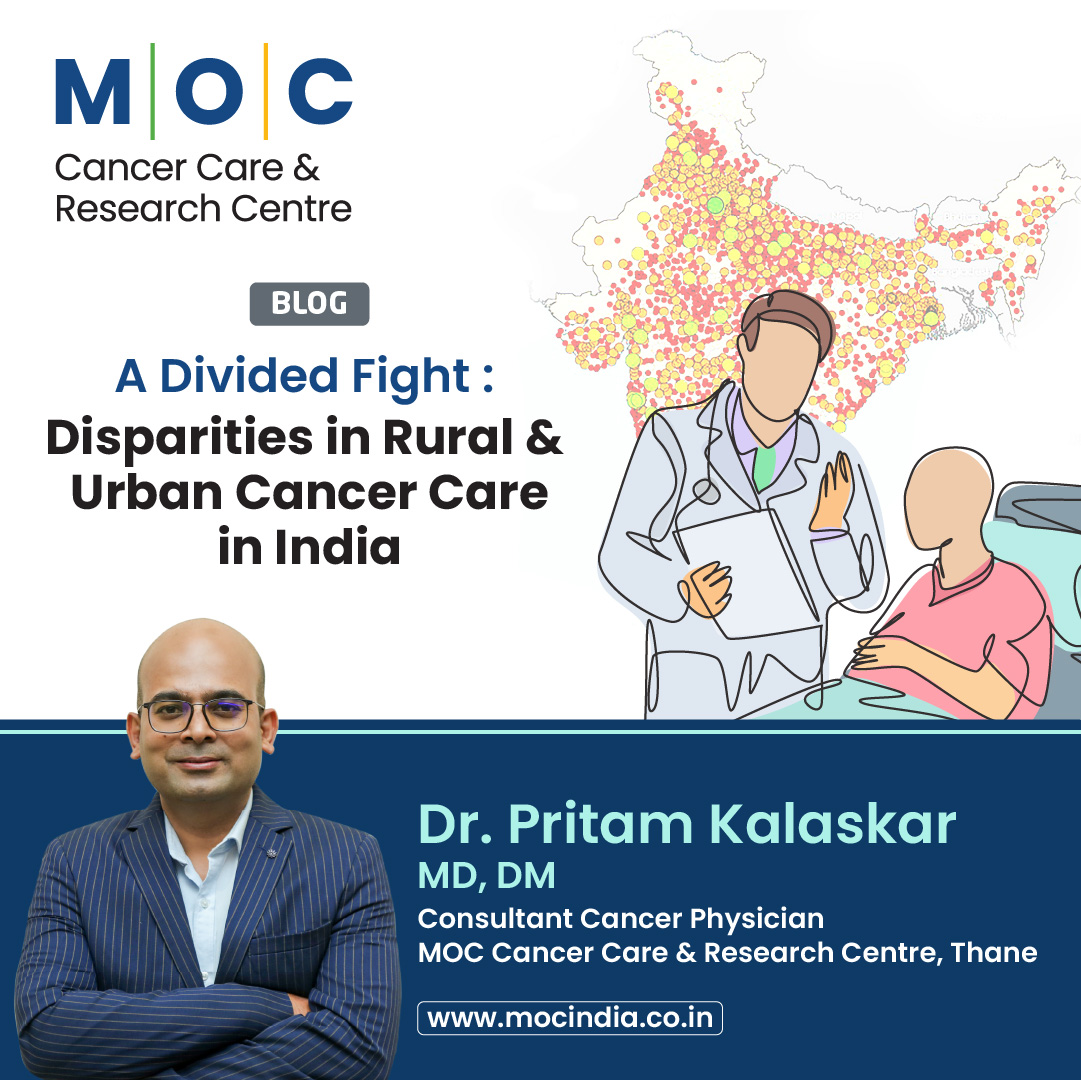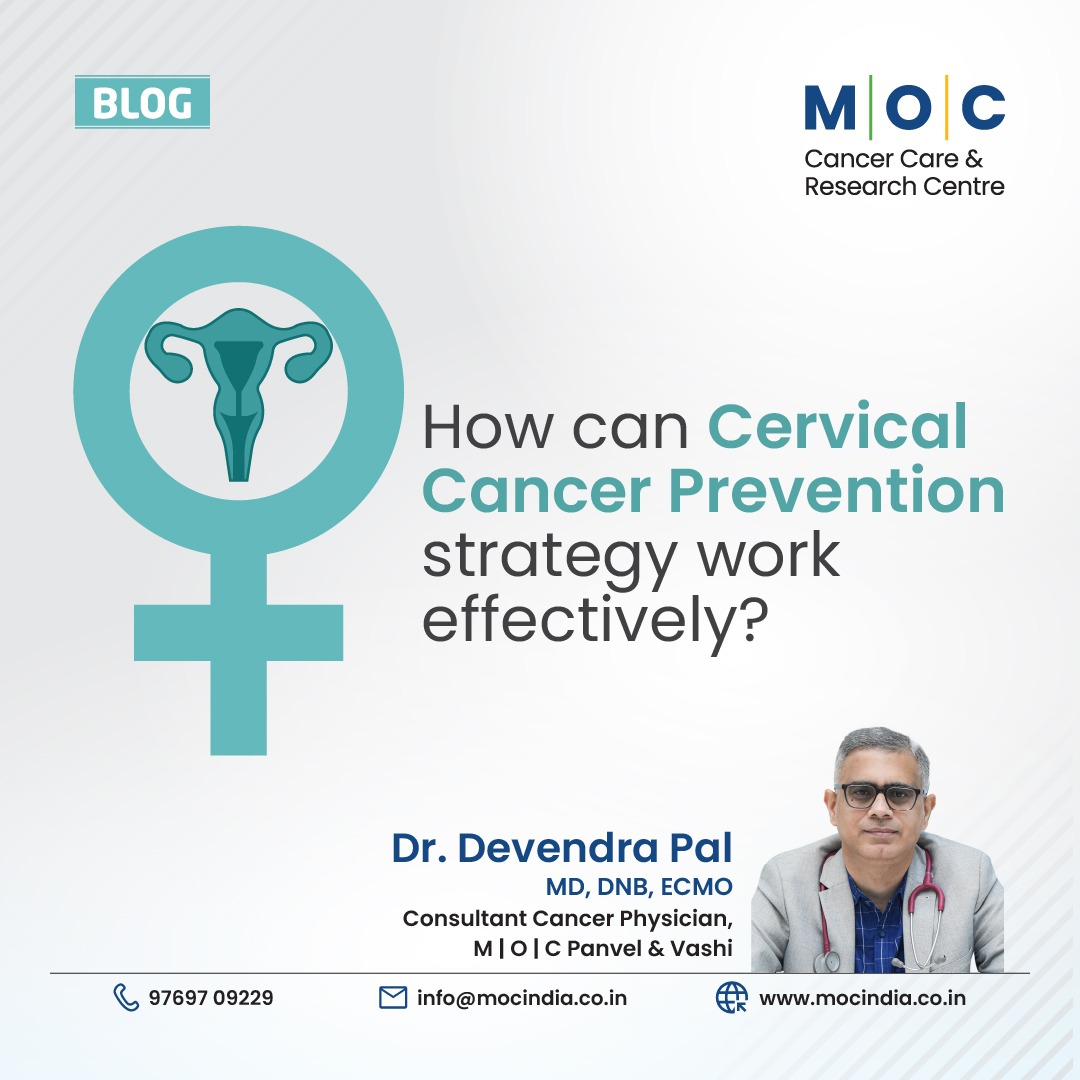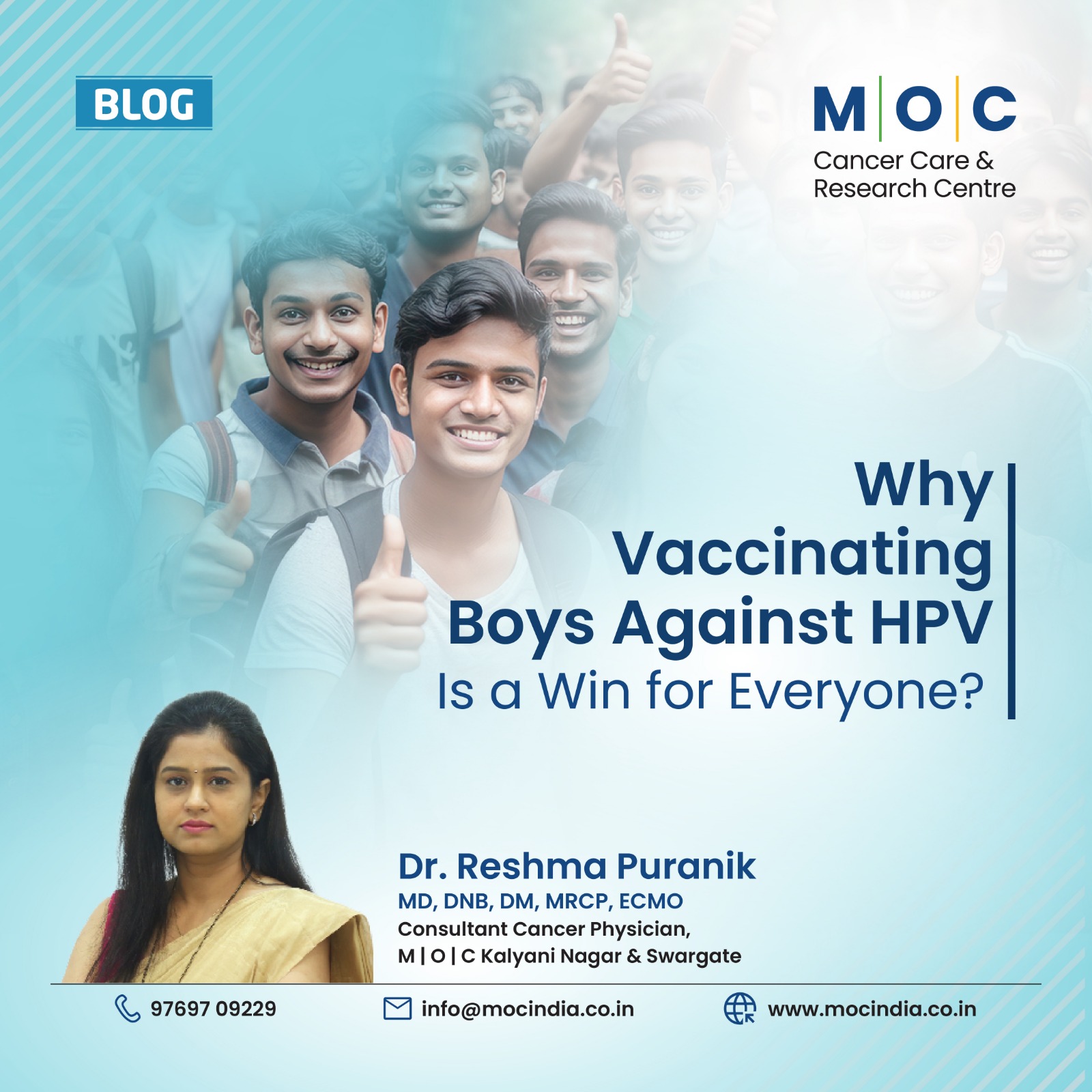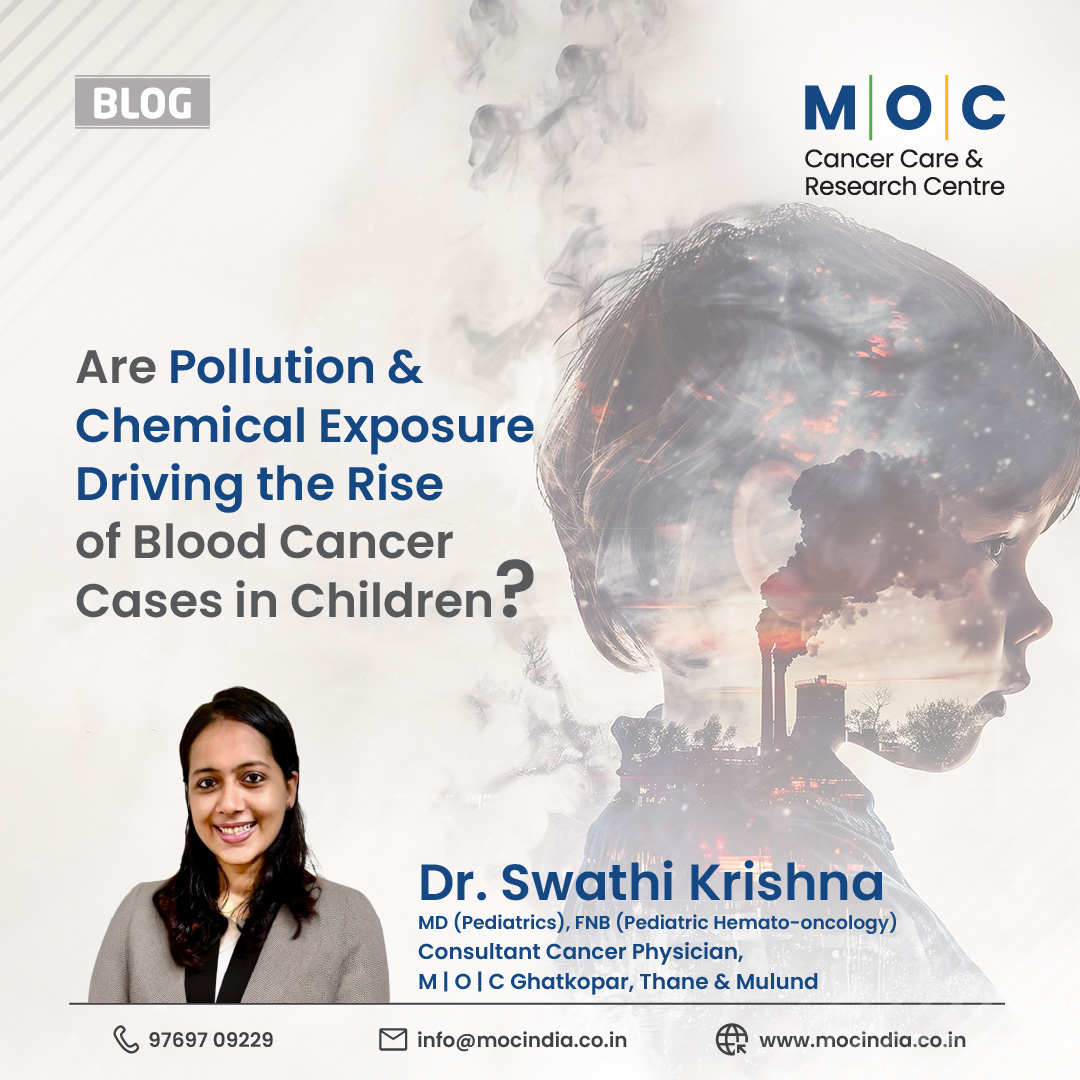A Divided Fight: Disparities in Rural and Urban Cancer Care in India



Cancer, a disease that affects millions globally, presents with formidable challenges in India. While the country battles to manage the rising burden of this illness, a stark disparity exists in cancer care between rural and urban populations. This blog delves into the key findings of two recently published crucial studies in the prestigious journals "Journal of the National Cancer Institute or NCI" and "BMC Cancer" to shed light on this concerning reality.
The "JNCI" study by Bhatia et al. (2022) highlights the significant differences in cancer incidence and mortality between rural and urban residents.
According to this study, factors that contribute to rural-urban disparity in cancer care include – Oncology infrastructure, geographical access to care (institutes and healthcare providers), transport-related challenges, prevalence of risky health behaviours (obesity, unhealthy diet, sedentary lifestyles, smoking), access to clinical trials and health literacy. Although this study was conducted in the United States of America, similar factors in higher intensity can be extrapolated to the Indian population as well.
The "BMC Cancer" study by Khanna et al. (2024) are findings published from an Indian cancer registry from Varanasi which analysed the data of more than 6000 patients providing a deeper understanding of the burden of cancer and the factors influencing it.
Some highlights were
- Diagnosed cancer was more prevalent in urban areas.
- The urban patients diagnosed with cancer were more literate compared to their rural counterparts.
- Urban patients had greater diagnostic and clinical record confirmation for cancer diagnosis compared to rural areas.
- Rural patients receiving palliative care or care from alternative medicine systems were higher than their urban counterparts.
- Urban patients were more likely to complete their treatment.
- Significantly, higher numbers of the urban population were alive at their follow-ups compared to the rural population.
The Path Forward:
All these points bring to light the glaring disparity in cancer care in India, where rural patients are not only underdiagnosed but there is an explicit lack of accessible care, a lower number of patients completing their treatment and a higher number of individuals succumbing to their condition.
These studies paint a grim picture of the challenges faced by rural patients in India's fight against cancer. However, they also pave the way for potential solutions.
It’s time to overcome the disparity of cancer outcomes due to rurality or geographical location and provide high-quality cancer care across the country to people who need them the most i.e. in the rural areas of resource-constrained countries like India.
Expanding access to specialized healthcare facilities, equipping rural hospitals with advanced diagnostic tools, and investing in training programs for healthcare professionals are crucial steps. Promoting public awareness campaigns about cancer prevention and early detection, particularly in rural regions, can empower communities to take charge of their health. Furthermore, financial assistance schemes and accessible health insurance options can bridge the gap between rural populations and effective cancer care.
A multifaceted approach is essential to bridge the rural-urban gap in cancer care. India must invest in infrastructure, education, and accessibility to ensure all citizens have equal access to life-saving treatment.
Dr Pritam Kalaskar
MD DM
Consultant Cancer Physician
Director & Consultant Cancer Physician
M | O | C Thane.
Latest Blogs
-
![Nidar Naari is a movement initiated by M|O|C Cancer Care & Research Centre]()

- 10th Feb, 2026
- Nidar Naari is a movement initiated by M|O|C Cancer Care & Research Centre
-
![Cervical Cancer Awareness Month- January 2026]()

- 23rd Jan, 2026
- Cervical Cancer Awareness Month- January 2026
-
![Why Vaccinating Boys Against HPV is a Win for Everyone ?]()

- 20th Jan, 2026
- Why Vaccinating Boys Against HPV is a Win for Everyone ?
-
![Are Pollution and Chemical Exposure Driving the Rise of Blood Cancer Cases in Children?]()

- 17th Jan, 2026
- Are Pollution and Chemical Exposure Driving the Rise of Blood Cancer Cases in Children?
-
![Significant Advancements in Cancer Treatment in 2025- Dr Kunal Jobanputra- M|O|C Kemps Corner and Mahim]()

- 12th Jan, 2026
- Significant Advancements in Cancer Treatment in 2025- Dr Kunal Jobanputra- M|O|C Kemps Corner and Mahim
-
![Managing sleep disturbances during and after cancer treatment]()

- 11th Dec, 2025
- Managing sleep disturbances during and after cancer treatment
Book Your Appointment








